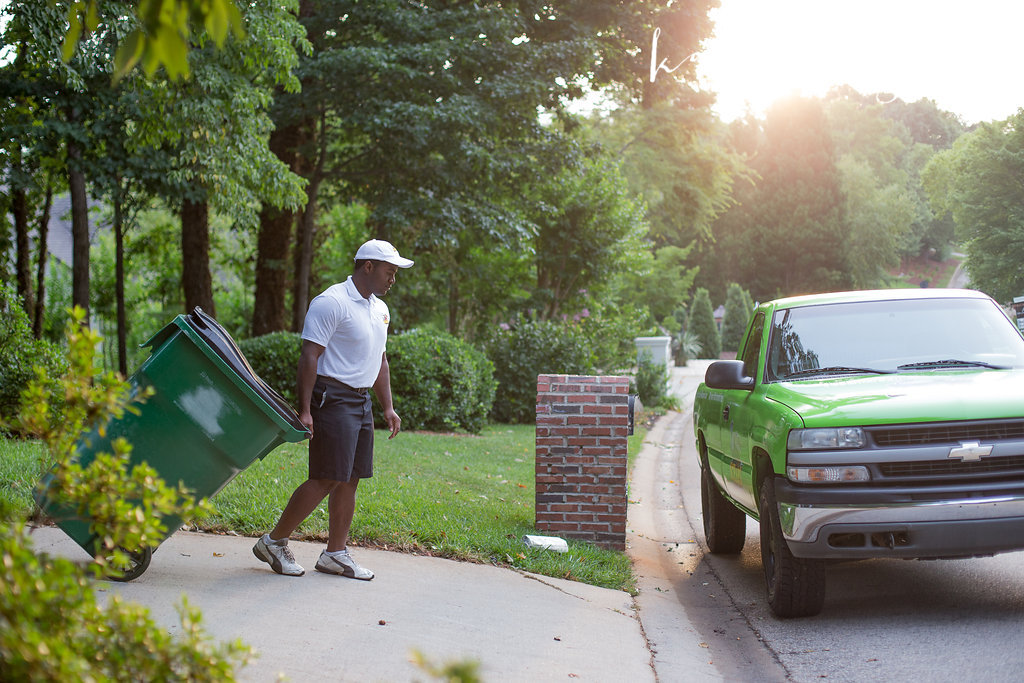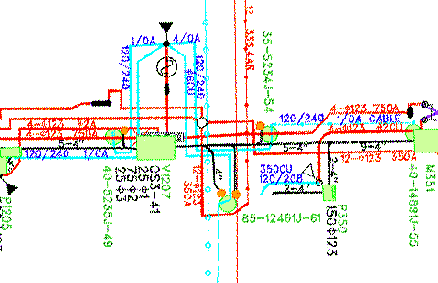
Understanding the limitations of your trash pickup service is crucial for effective waste disposal. While these services are convenient and essential for keeping our communities clean, there are certain items they typically will not accept due to safety, environmental, or regulatory reasons. This blog post aims to shed light on the common materials excluded from regular waste collection services and suggest alternative disposal methods.
Recognizing Prohibited Items
Knowing what items are not accepted by your local trash pickup service helps prevent potential hazards and ensures compliance with regulations. Here are several categories of items that are commonly prohibited:
1. Hazardous Waste
Definition and Examples
Hazardous waste includes items that are flammable, corrosive, reactive, or toxic. These materials pose significant health and environmental risks if not handled properly.
- Common Items:
- Paints and solvents
- Automotive fluids
- Batteries
- Pesticides
- Cleaning agents
Disposal Tips
- Local Hazardous Waste Facilities: Utilize designated drop-off locations for hazardous waste.
- Community Collection Events: Participate in local hazardous waste collection events organized by community or environmental groups.
2. Electronic Waste (E-Waste)
Definition and Examples
Electronic waste comprises discarded electrical or electronic devices. Improper disposal of e-waste can lead to the release of harmful substances into the environment.
- Common Items:
- Computers and monitors
- Televisions
- Printers
- Cell phones
Disposal Tips
- E-Waste Recycling Centers: Seek out certified e-waste recyclers for safe disposal.
- Retail Take-Back Programs: Some retailers offer programs to take back and recycle old electronics.
3. Large Appliances
Definition and Examples
Large appliances, also known as white goods, are bulky and often contain substances that require special handling.
- Common Items:
- Refrigerators
- Washing machines
- Dryers
- Dishwashers
Disposal Tips
- Scheduled Pickups: Some waste collection services offer special pickups for large appliances, often for an additional fee.
- Appliance Recycling Programs: Manufacturers or retailers may provide recycling programs for their products.
4. Bulky Items and Construction Debris
Definition and Examples
Bulky waste includes large items that don’t fit into regular trash bins, while construction debris consists of materials generated during building or renovation projects.
- Common Items:
- Furniture
- Mattresses
- Lumber
- Drywall
Disposal Tips
- Rent a Dumpster: Consider renting a dumpster for large projects that generate significant debris.
- Donation: If items are still in good condition, consider donating them to local charities or thrift stores.
5. Medical Waste
Definition and Examples
Medical waste consists of items that have been contaminated by bodily fluids, pharmaceuticals, or other medical materials.
- Common Items:
- Sharps (needles, syringes)
- Expired medications
- Contaminated bandages
Disposal Tips
- Sharps Disposal Programs: Use approved sharps containers and participate in designated sharps disposal programs.
- Medication Take-Back Events: Dispose of unused or expired medications at pharmacy take-back programs or community events.
Partnering with Your Trash Pickup Service
While the list above covers common prohibitions, the specific items that your local waste collection service will not take can vary. It is essential to:
- Check Local Regulations: Consult your local waste management authority or service provider for a detailed list of prohibited items.
- Ask Questions: If unsure whether an item is acceptable, contact your service provider for clarification.
Conclusion
Understanding what items are not accepted by your trash pickup service is crucial for responsible waste disposal. By familiarizing yourself with prohibited items and exploring alternative disposal methods, you can contribute to a safer and cleaner environment. Remember to consult your local waste management authority for the most accurate and up-to-date information regarding waste disposal in your area. By doing so, you’ll ensure that you’re not only adhering to regulations but also doing your part in promoting sustainable and safe waste management practices. Read more






